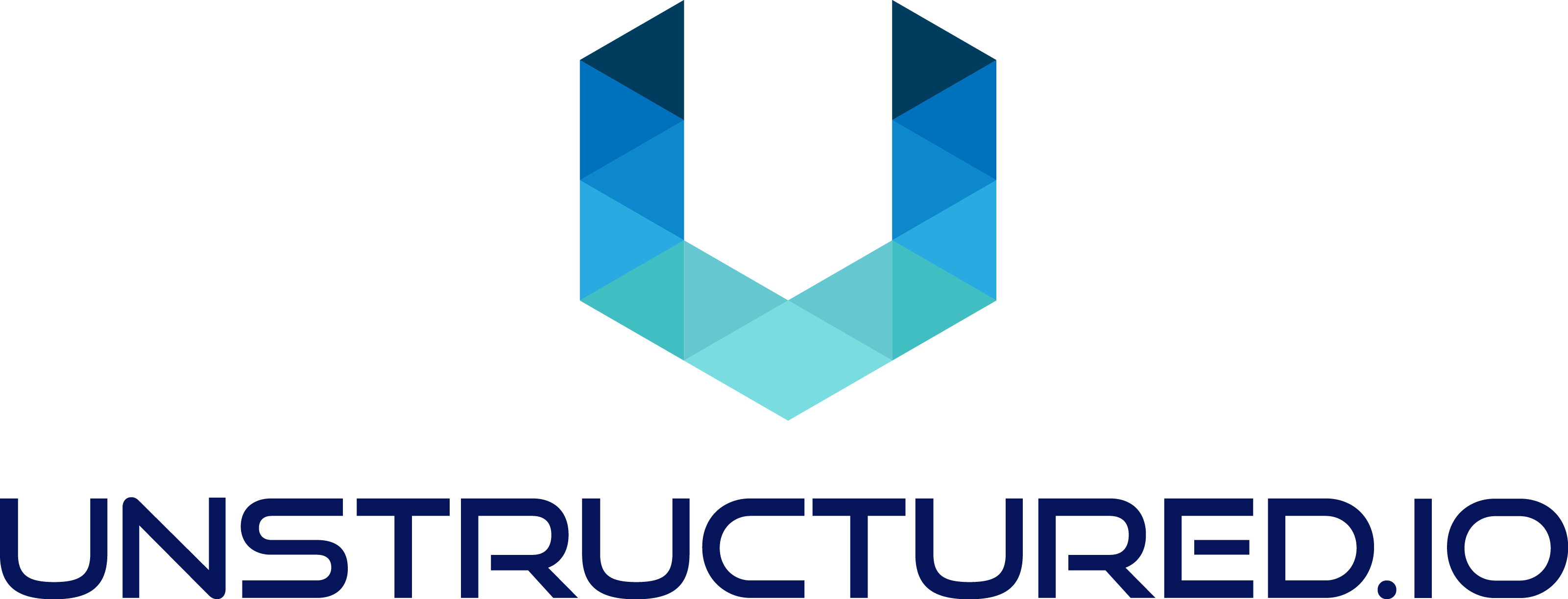This repo implements a pre-processing pipeline for the following documents. Currently, the pipeline is capable of recognizing the file type and choosing the relevant partition function to process the file.
- Plaintext:
.txt,.eml,.html,.md,.json - Images:
.jpeg,.png - Documents:
.doc,.docx,.ppt,.pptx,.pdf
Try our hosted API! It's freely available to use with any of the filetypes listed above. This is the easiest way to get started. If you'd like to host your own version of the API, jump down to the Developer Quickstart Guide.
curl -X 'POST' \
'https://api.unstructured.io/general/v0/general' \
-H 'accept: application/json' \
-H 'Content-Type: multipart/form-data' \
-F 'files=@sample-docs/family-day.eml' \
| jq -C . | less -R
Two strategies are available for processing PDF files: hi_res and fast. fast is the default strategy and works well for documents that do not have text embedded in images.
On the other hand, hi_res is the better choice for PDF's that may have text within embedded images, or for achieving greater precision of element types in the response JSON. Please be aware that, as of writing, hi_res requests may take 20 times longer to process compared to thefast option. See the example below for making a hi_res request.
curl -X 'POST' \
'https://api.unstructured.io/general/v0/general' \
-H 'accept: application/json' \
-H 'Content-Type: multipart/form-data' \
-F 'files=@sample-docs/layout-parser-paper.pdf' \
-F 'strategy=hi_res' \
| jq -C . | less -R
When elements are extracted from PDFs or images, it may be useful to get their bounding boxes as well. Set the coordinates parameter to true to add this field to the elements in the response.
curl -X 'POST' \
'https://api.unstructured.io/general/v0/general' \
-H 'accept: application/json' \
-H 'Content-Type: multipart/form-data' \
-F 'files=@sample-docs/layout-parser-paper.pdf' \
-F 'coordinates=true' \
| jq -C . | less -R
- Using
pyenvto manage virtualenv's is recommended-
Mac install instructions. See here for more detailed instructions.
brew install pyenv-virtualenvpyenv install 3.8.15
-
Linux instructions are available here.
-
Create a virtualenv to work in and activate it, e.g. for one named
document-processing:pyenv virtualenv 3.8.15 document-processing
pyenv activate document-processing
-
See the Unstructured Quick Start for the many OS dependencies that are required, if the ability to process all file types is desired.
- Run
make install - Start a local jupyter notebook server with
make run-jupyter
OR
just start the fast-API locally withmake run-web-app
After running make run-web-app (or make docker-start-api to run in the container), you can now hit the API locally at port 8000. The sample-docs directory has a number of example file types that are currently supported.
For example:
curl -X 'POST' \
'http://localhost:8000/general/v0/general' \
-H 'accept: application/json' \
-H 'Content-Type: multipart/form-data' \
-F 'files=@sample-docs/family-day.eml' \
| jq -C . | less -R
The response will be a list of the extracted elements:
[
{
"element_id": "db1ca22813f01feda8759ff04a844e56",
"coordinates": null,
"text": "Hi All,",
"type": "UncategorizedText",
"metadata": {
"date": "2022-12-21T10:28:53-06:00",
"sent_from": [
"Mallori Harrell <[email protected]>"
],
"sent_to": [
"Mallori Harrell <[email protected]>"
],
"subject": "Family Day",
"filename": "family-day.eml"
}
},
...
...
You can generate the FastAPI APIs from your pipeline notebooks by running make generate-api.
The following instructions are intended to help you get up and running using Docker to interact with unstructured-api.
See here if you don't already have docker installed on your machine.
NOTE: we build multi-platform images to support both x86_64 and Apple silicon hardware. Docker pull should download the corresponding image for your architecture, but you can specify with --platform (e.g. --platform linux/amd64) if needed.
We build Docker images for all pushes to main. We tag each image with the corresponding short commit hash (e.g. fbc7a69) and the application version (e.g. 0.5.5-dev1). We also tag the most recent image with latest. To leverage this, docker pull from our image repository.
docker pull quay.io/unstructured-io/unstructured-api:latestOnce pulled, you can launch the container as a web app on localhost:8000.
docker run -p 8000:8000 -d --rm --name unstructured-api quay.io/unstructured-io/unstructured-api:latest --port 8000 --host 0.0.0.0See our security policy for information on how to report security vulnerabilities.
| Section | Description |
|---|---|
| Unstructured Community Github | Information about Unstructured.io community projects |
| Unstructured Github | Unstructured.io open source repositories |
| Company Website | Unstructured.io product and company info |
